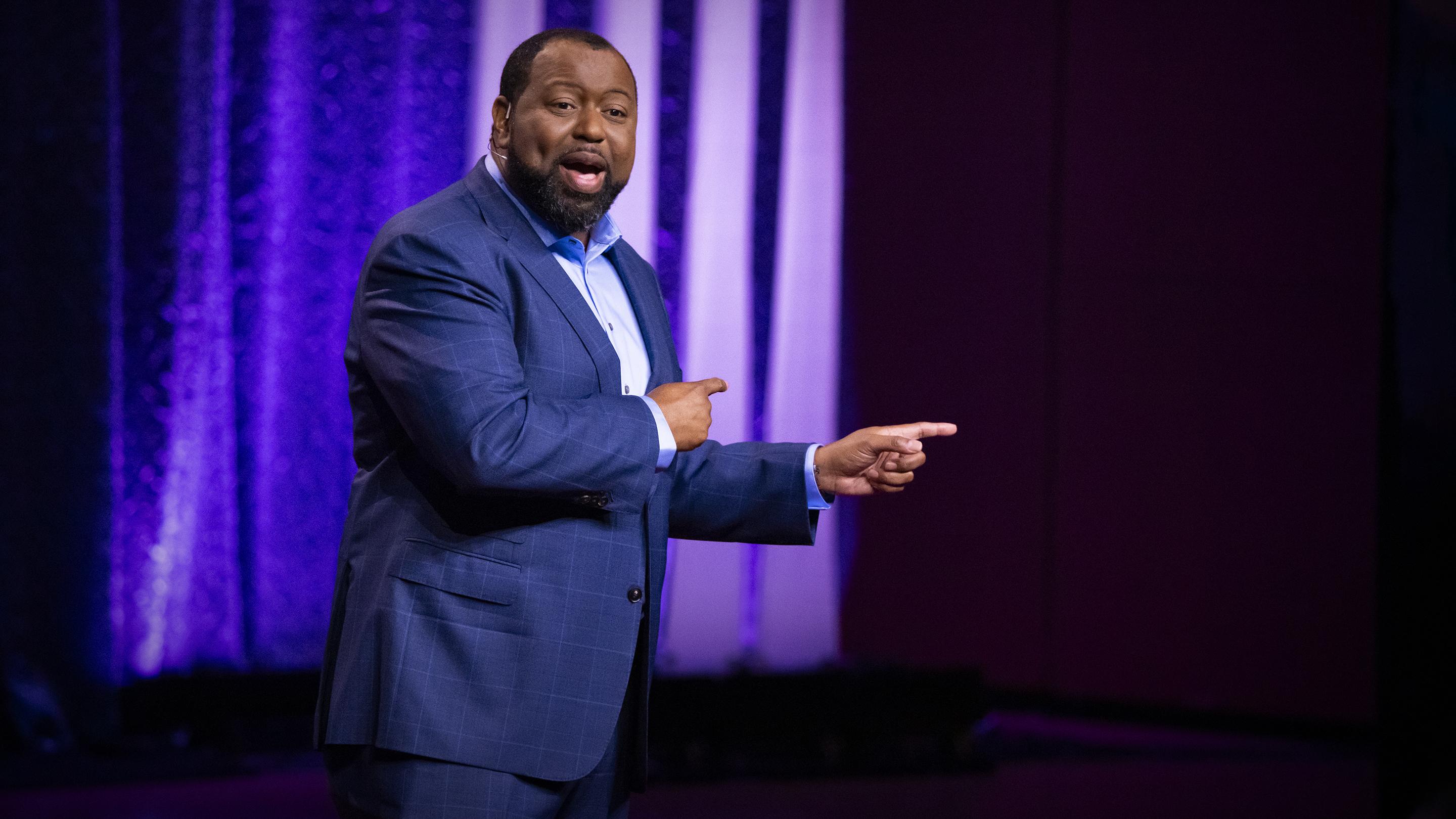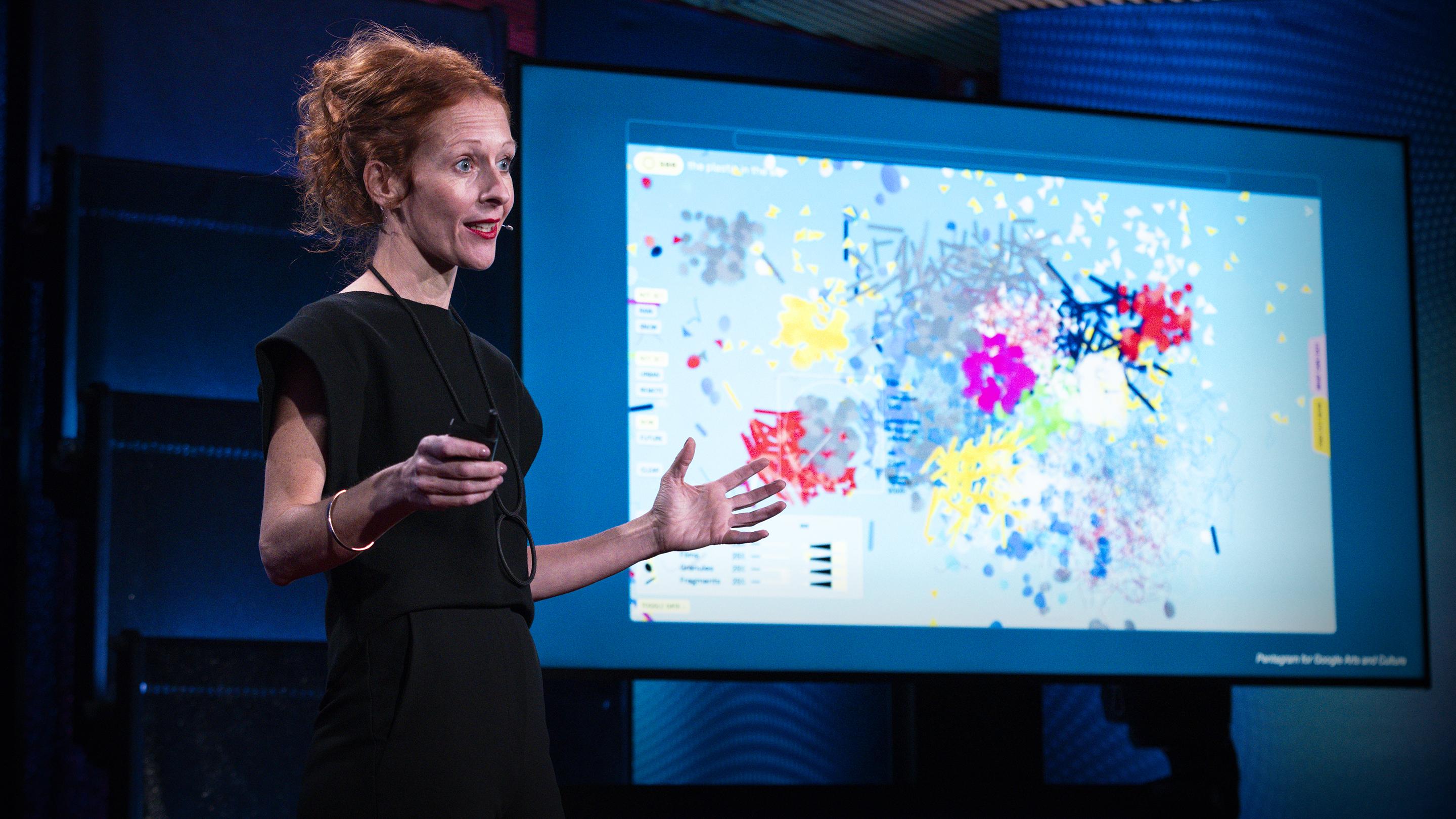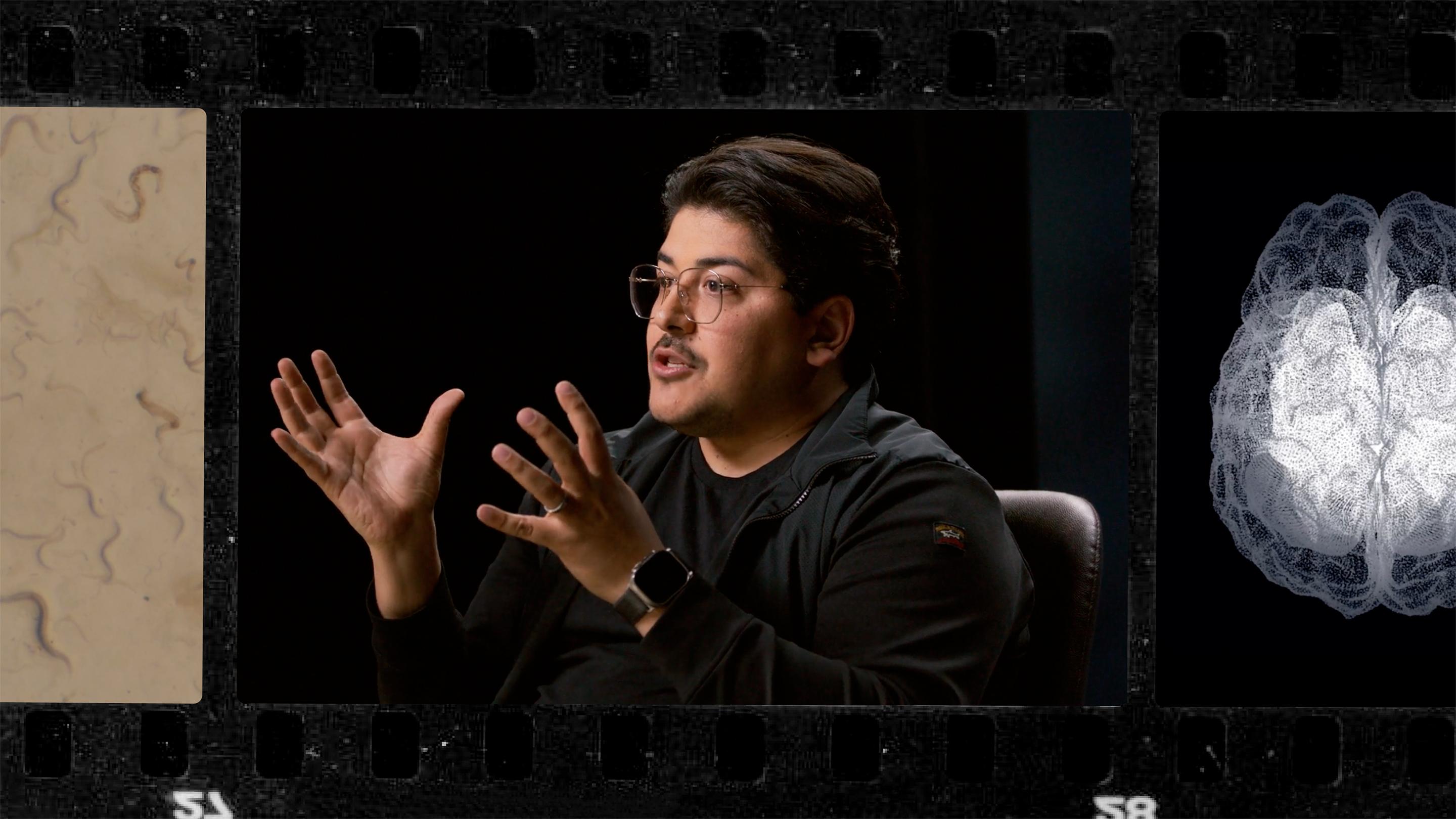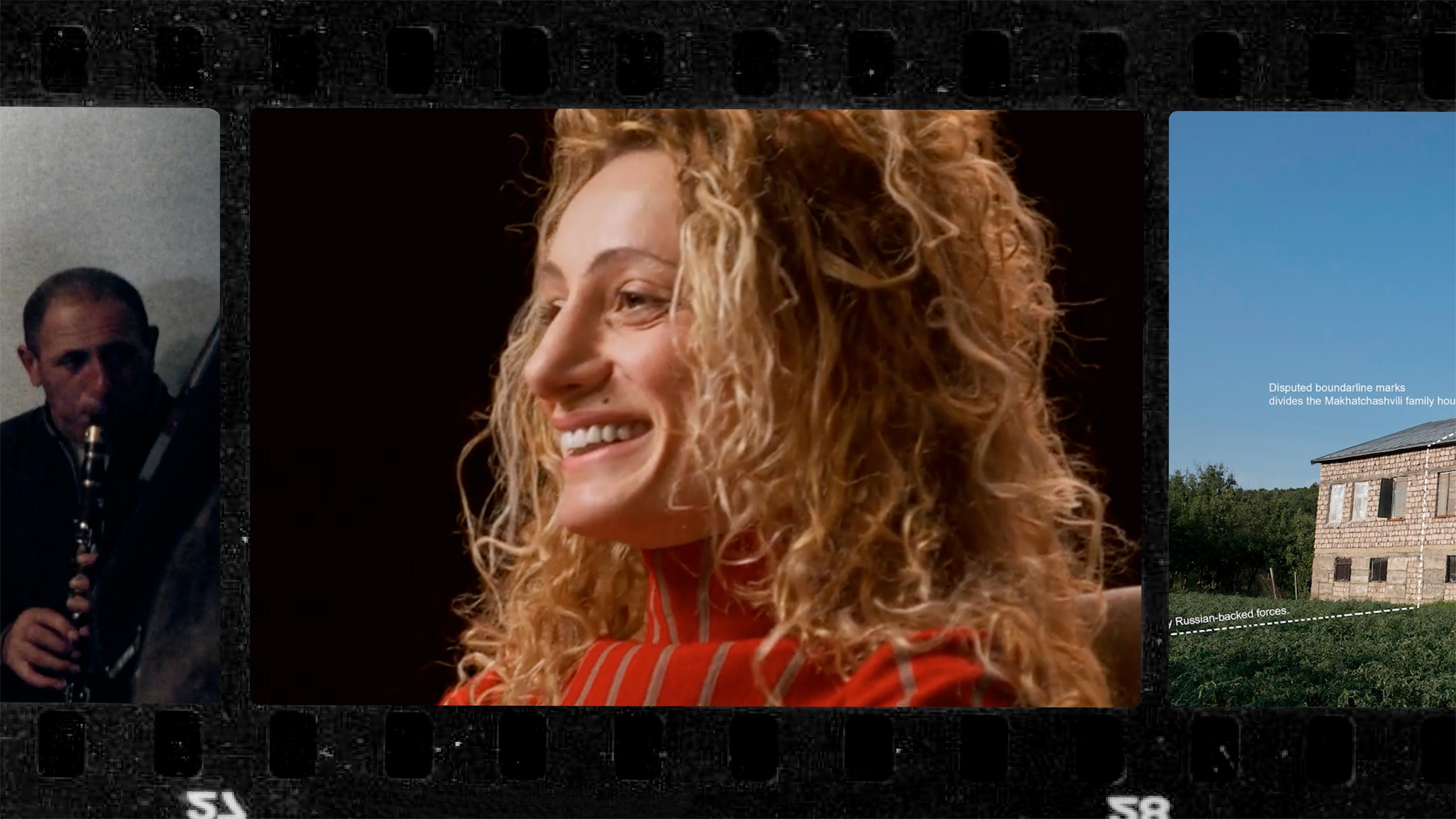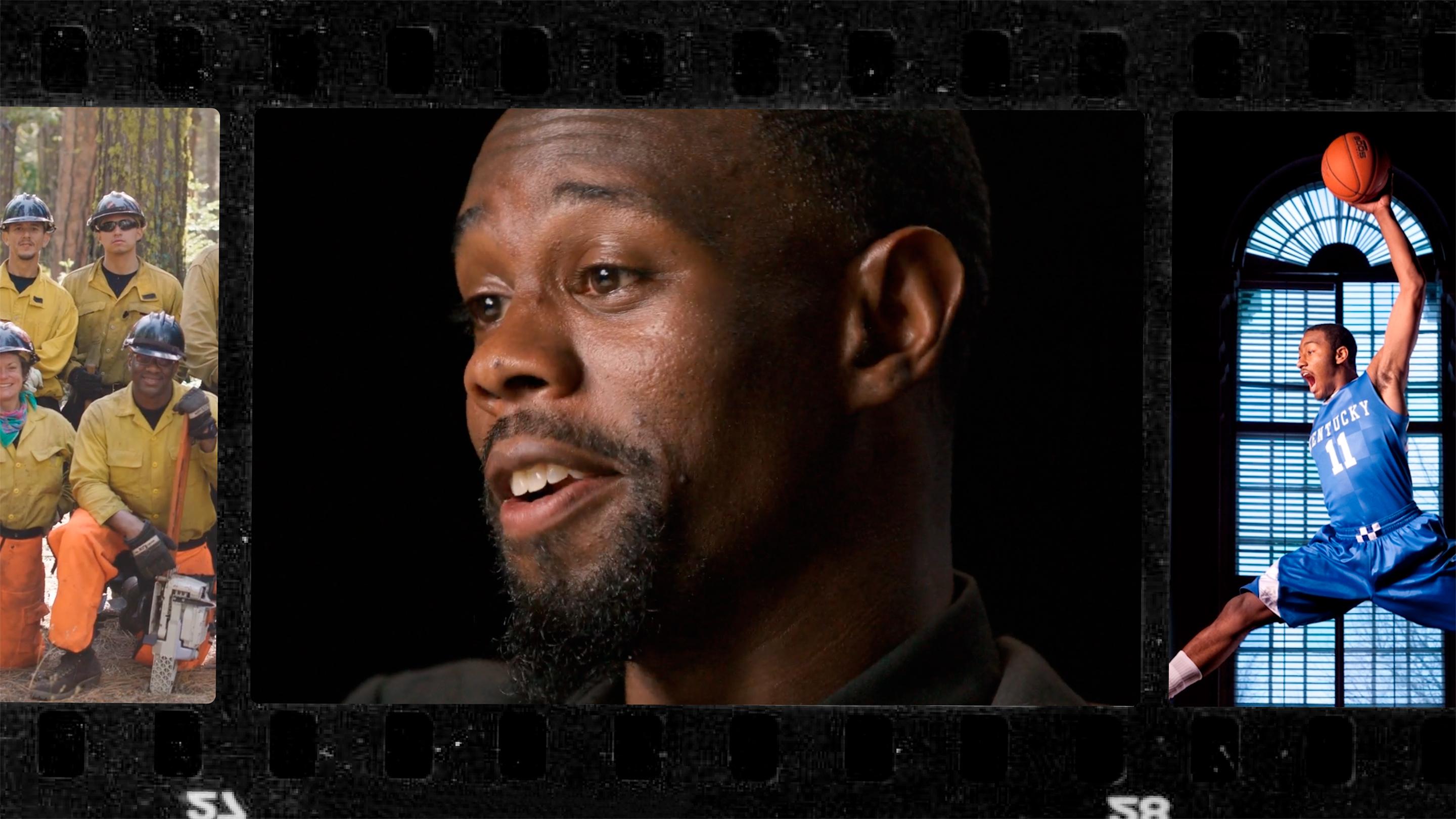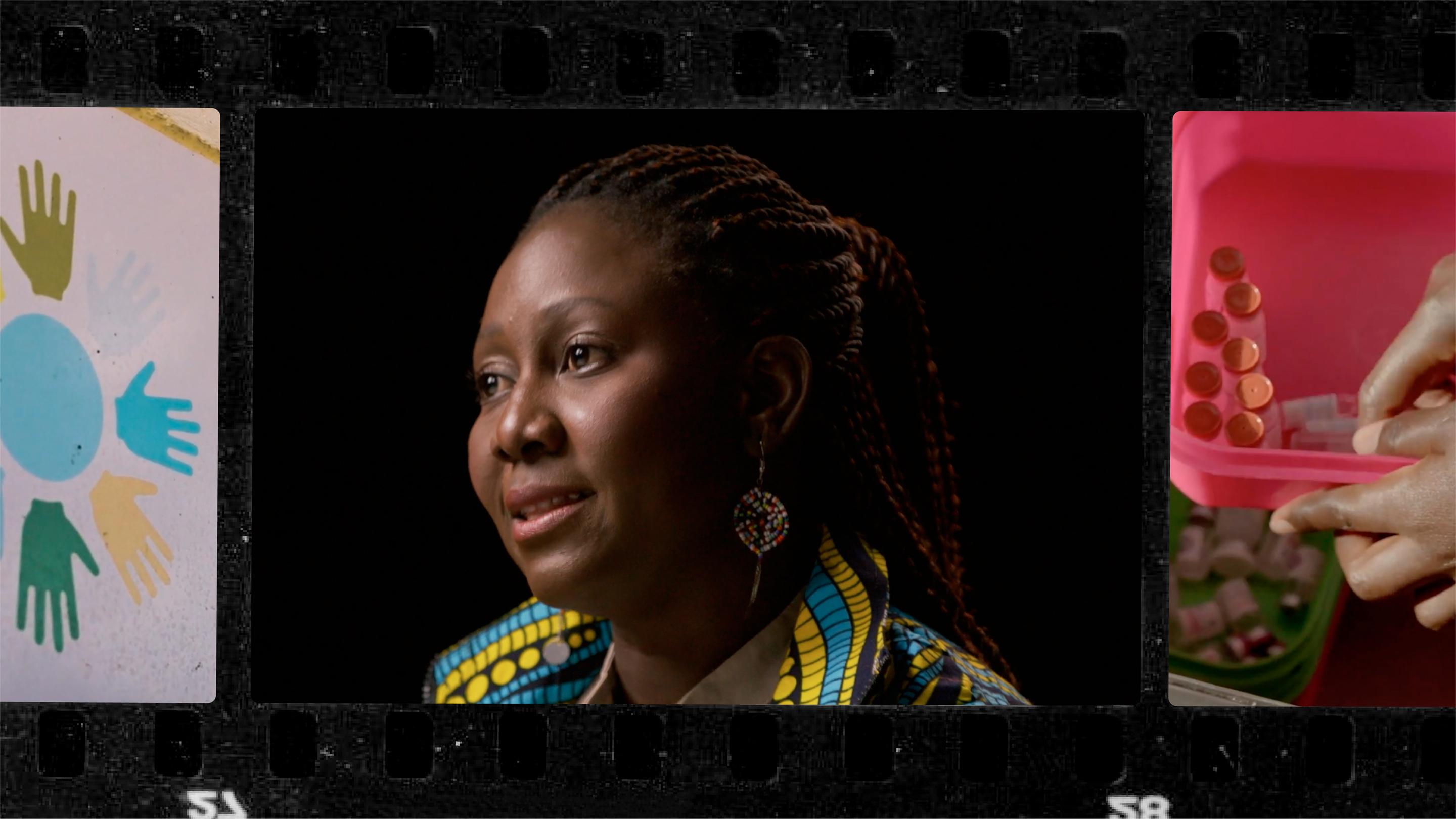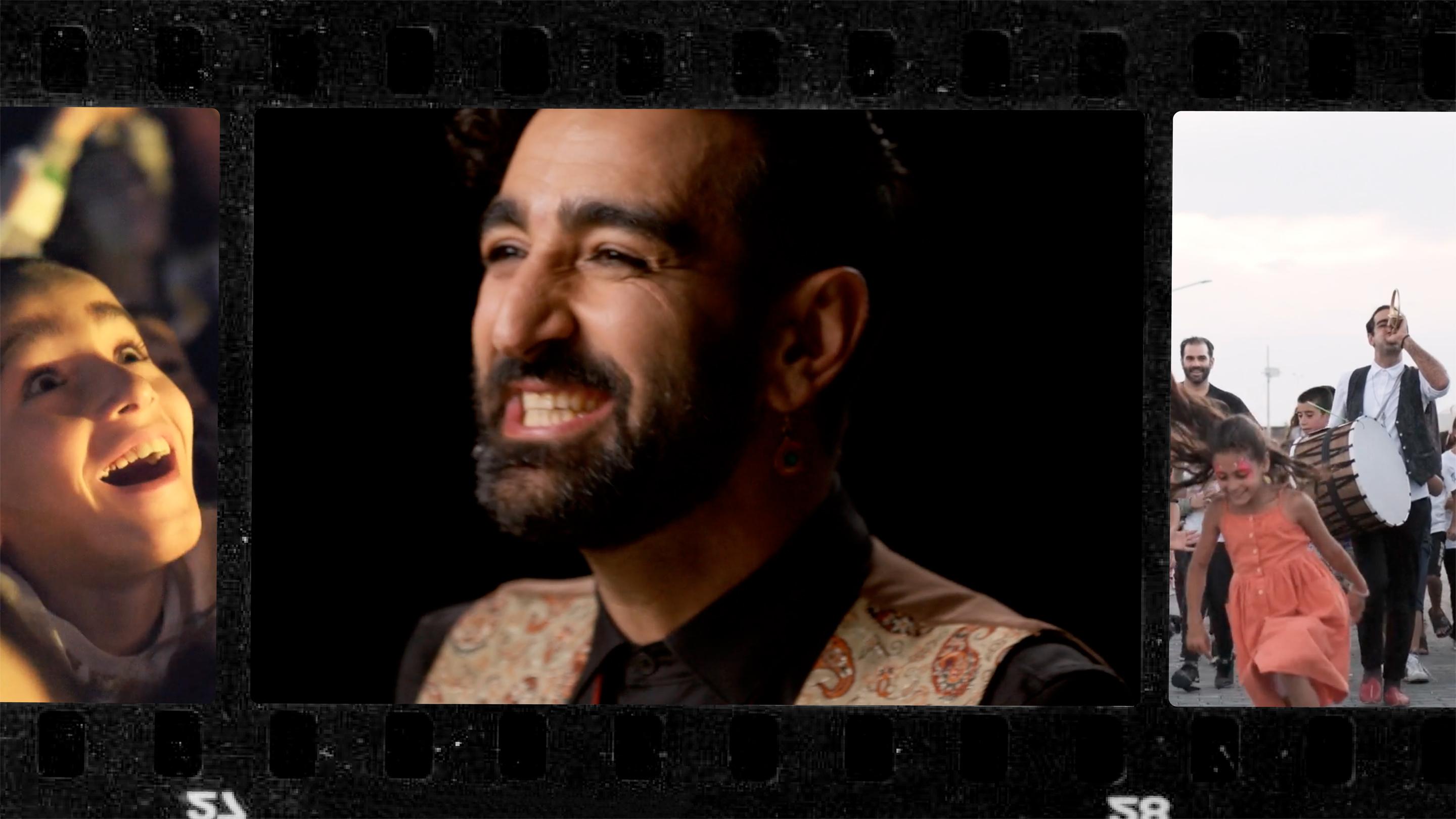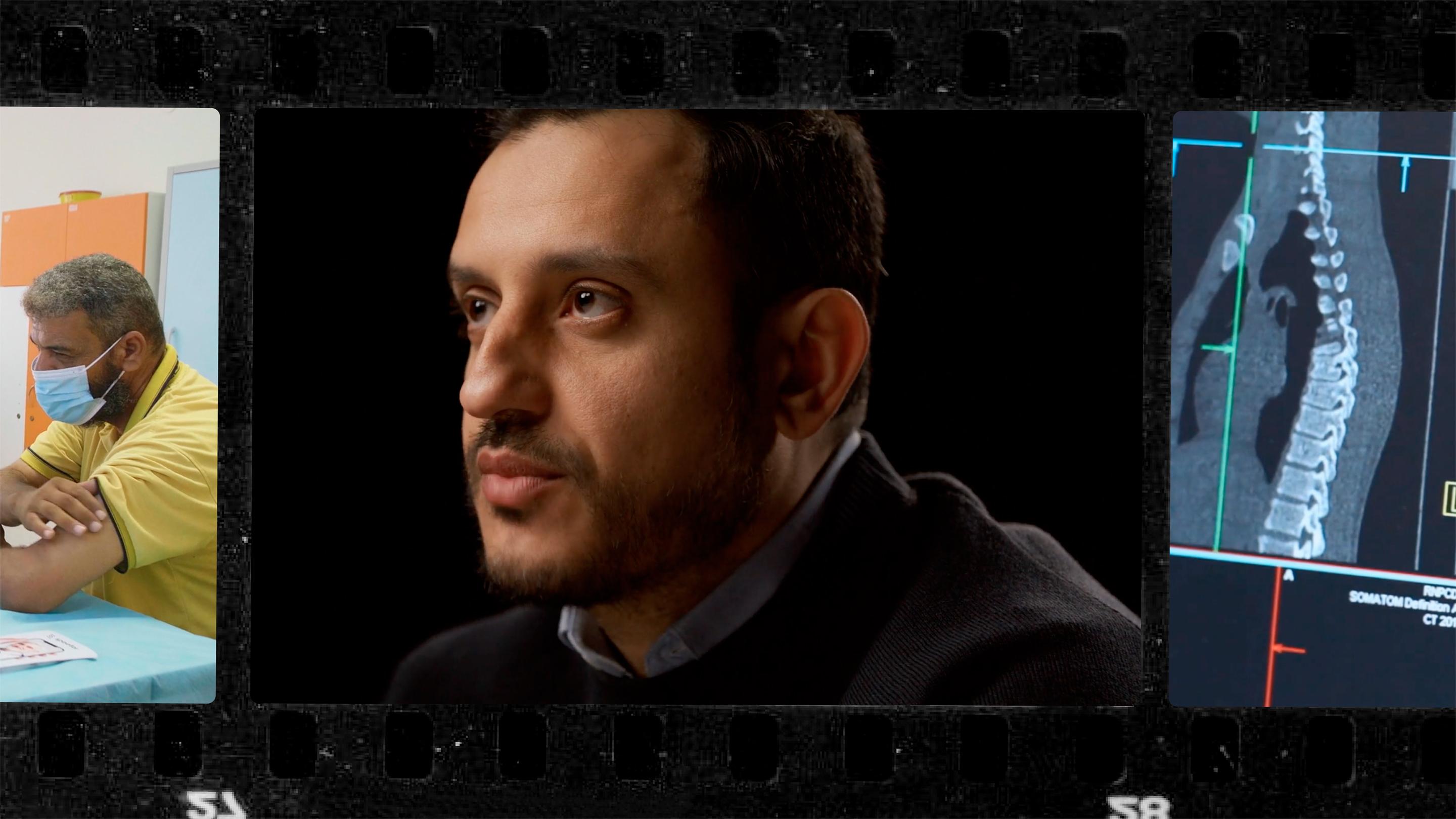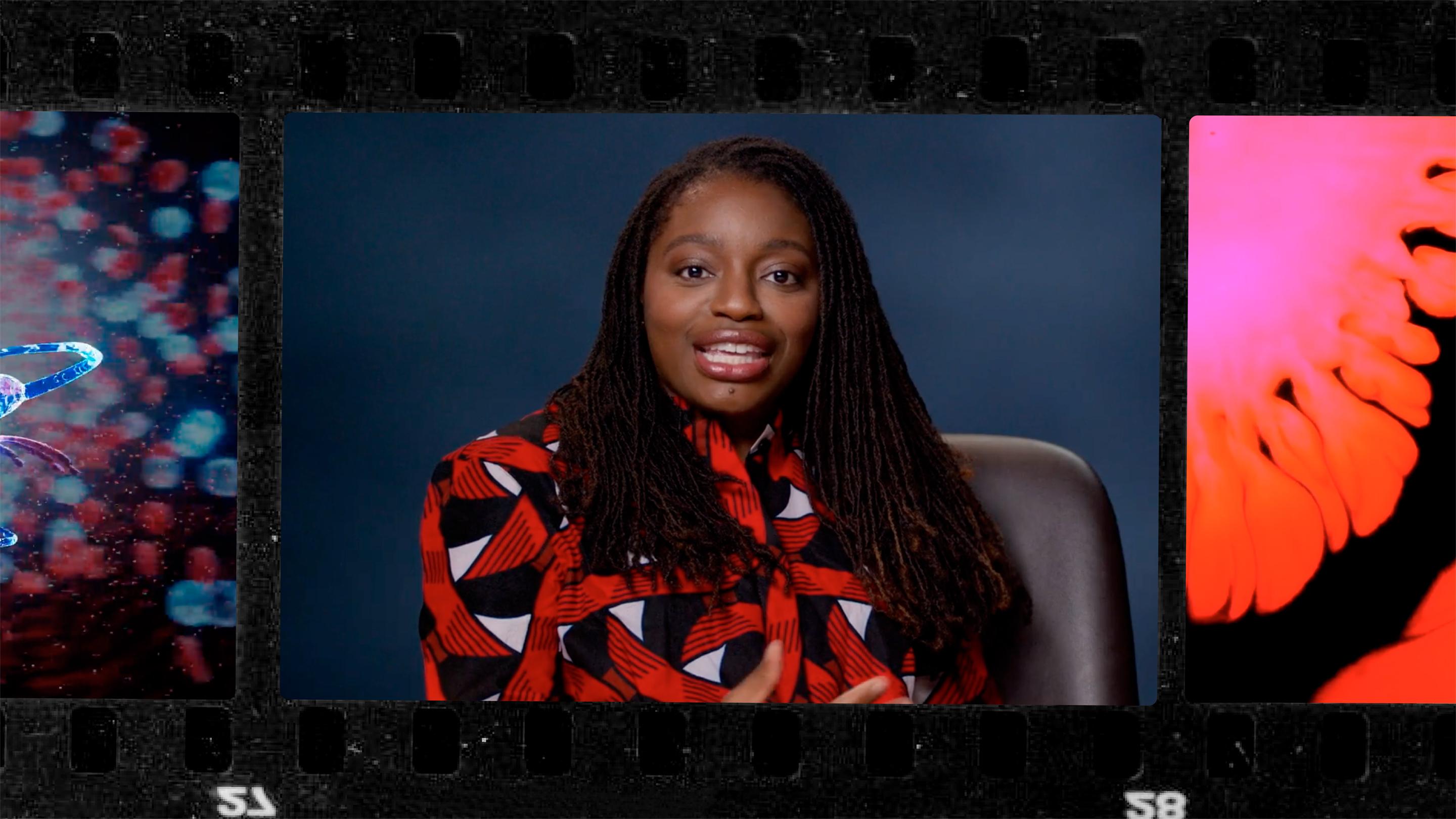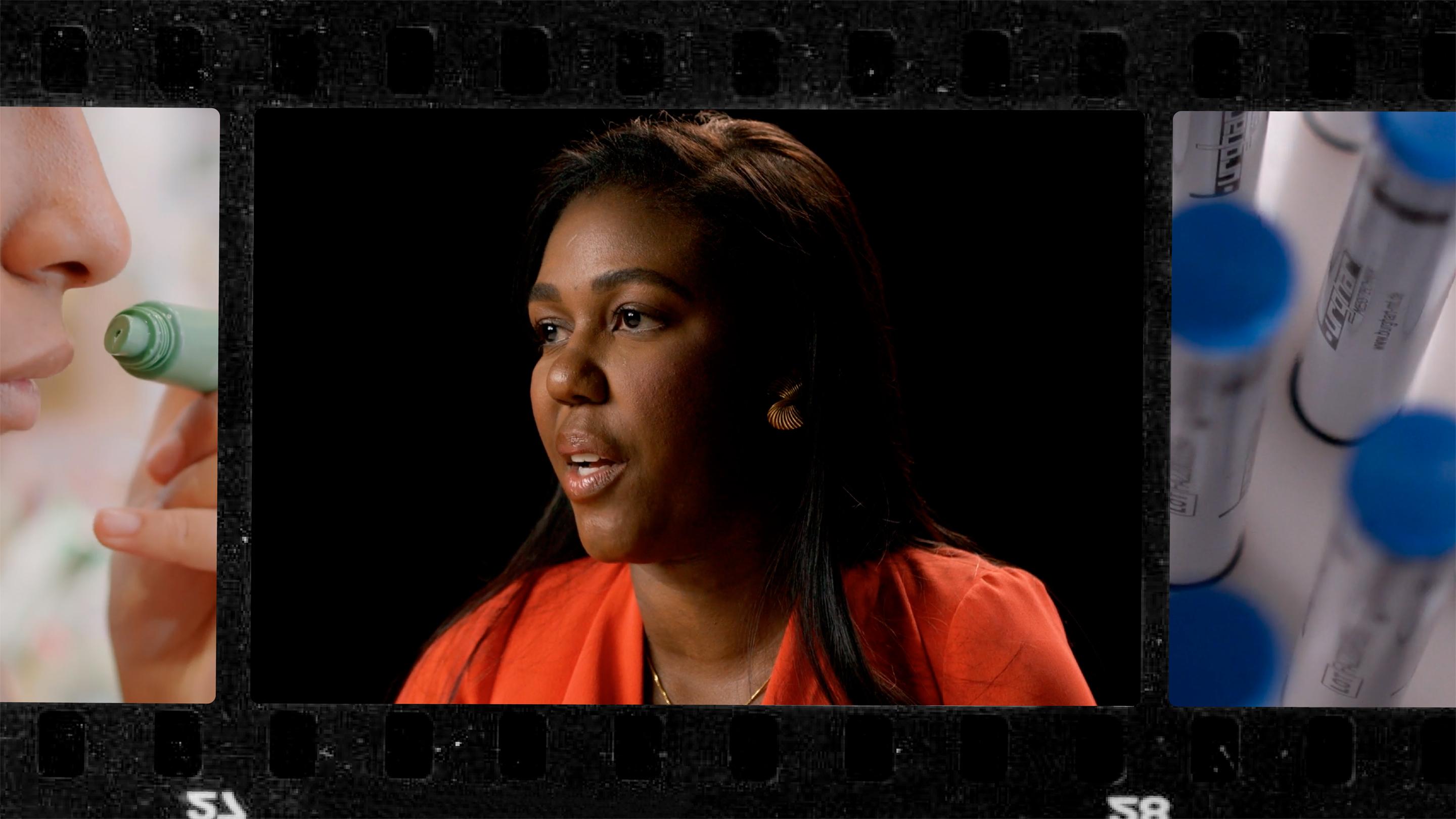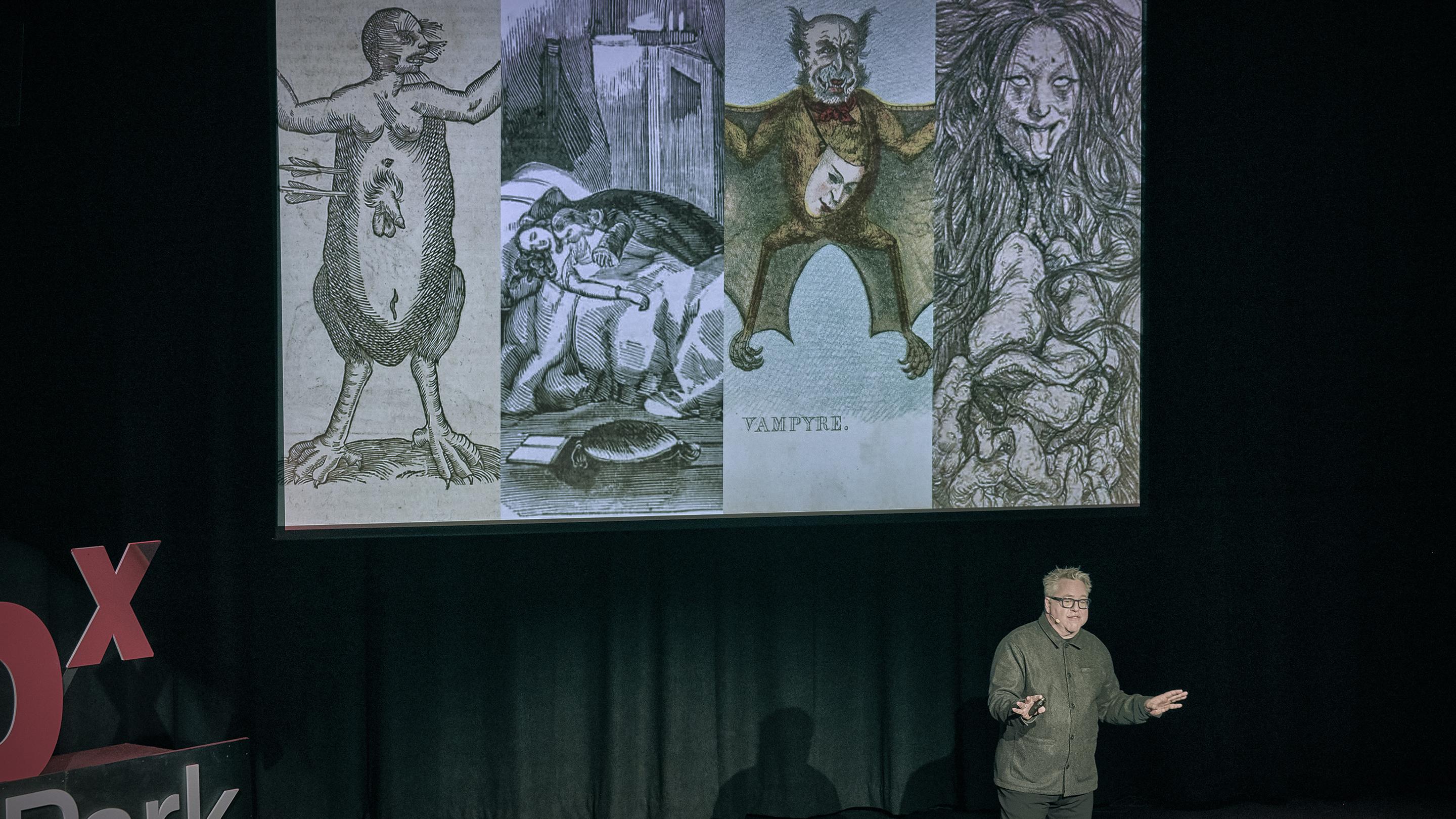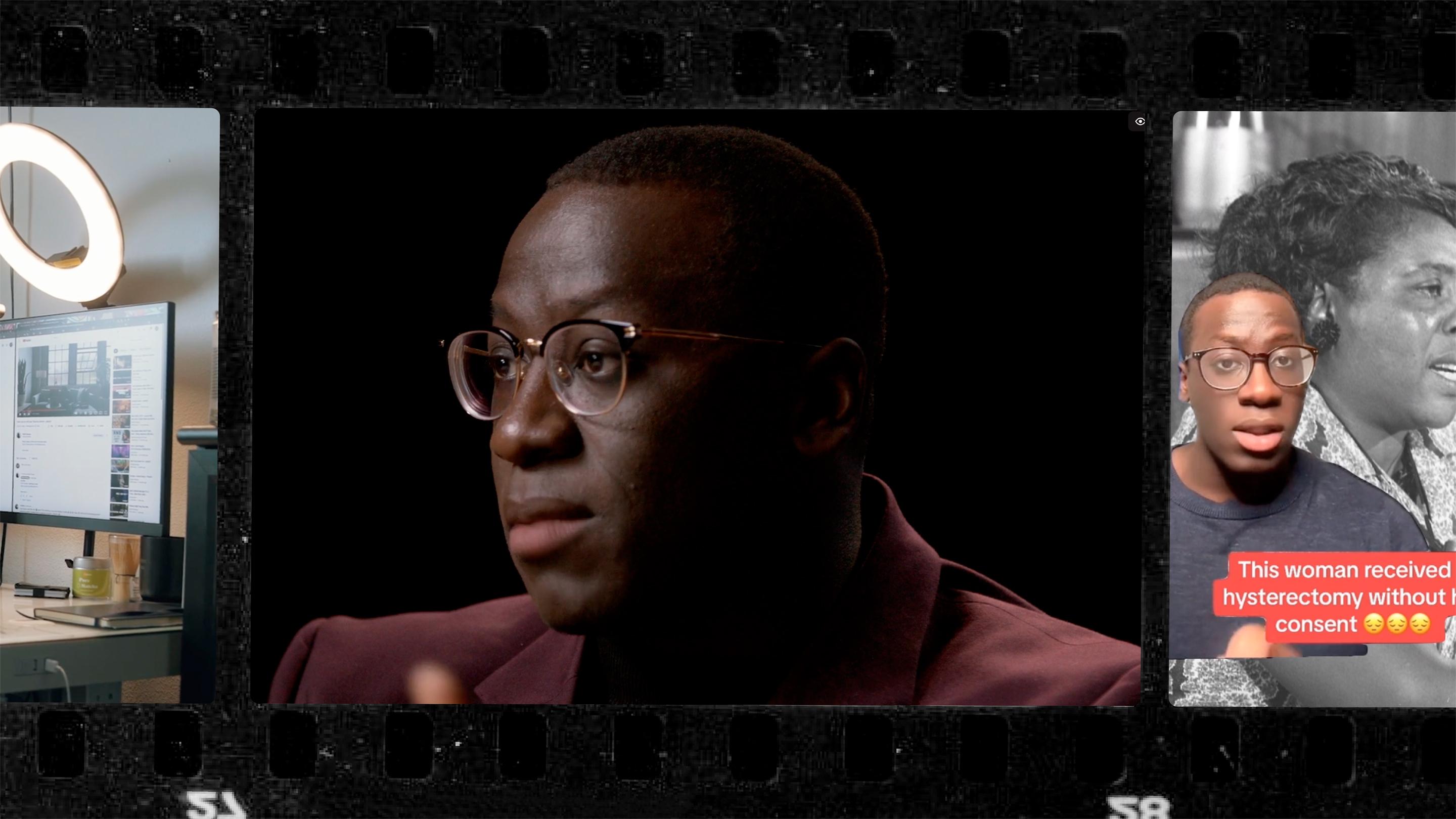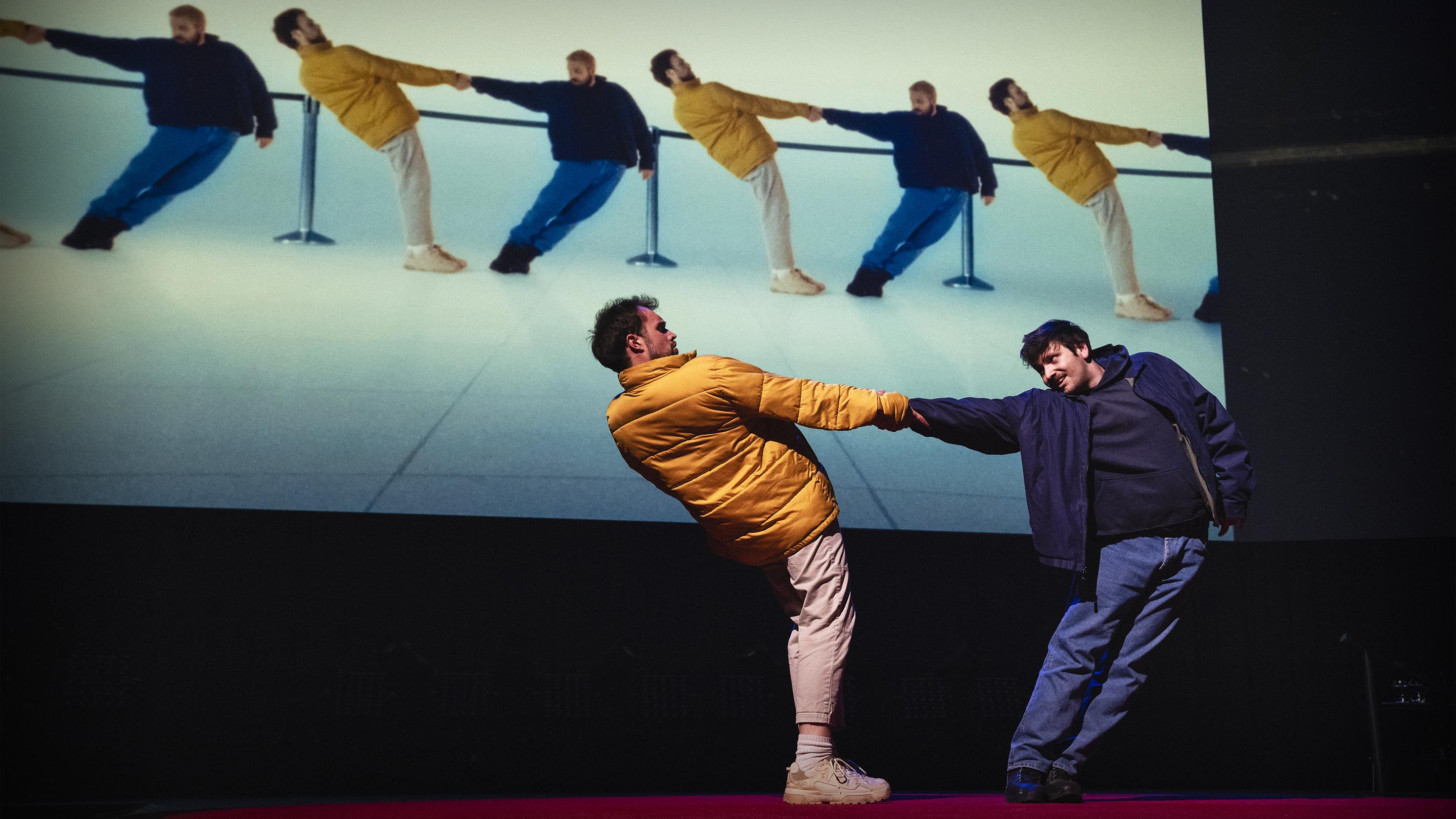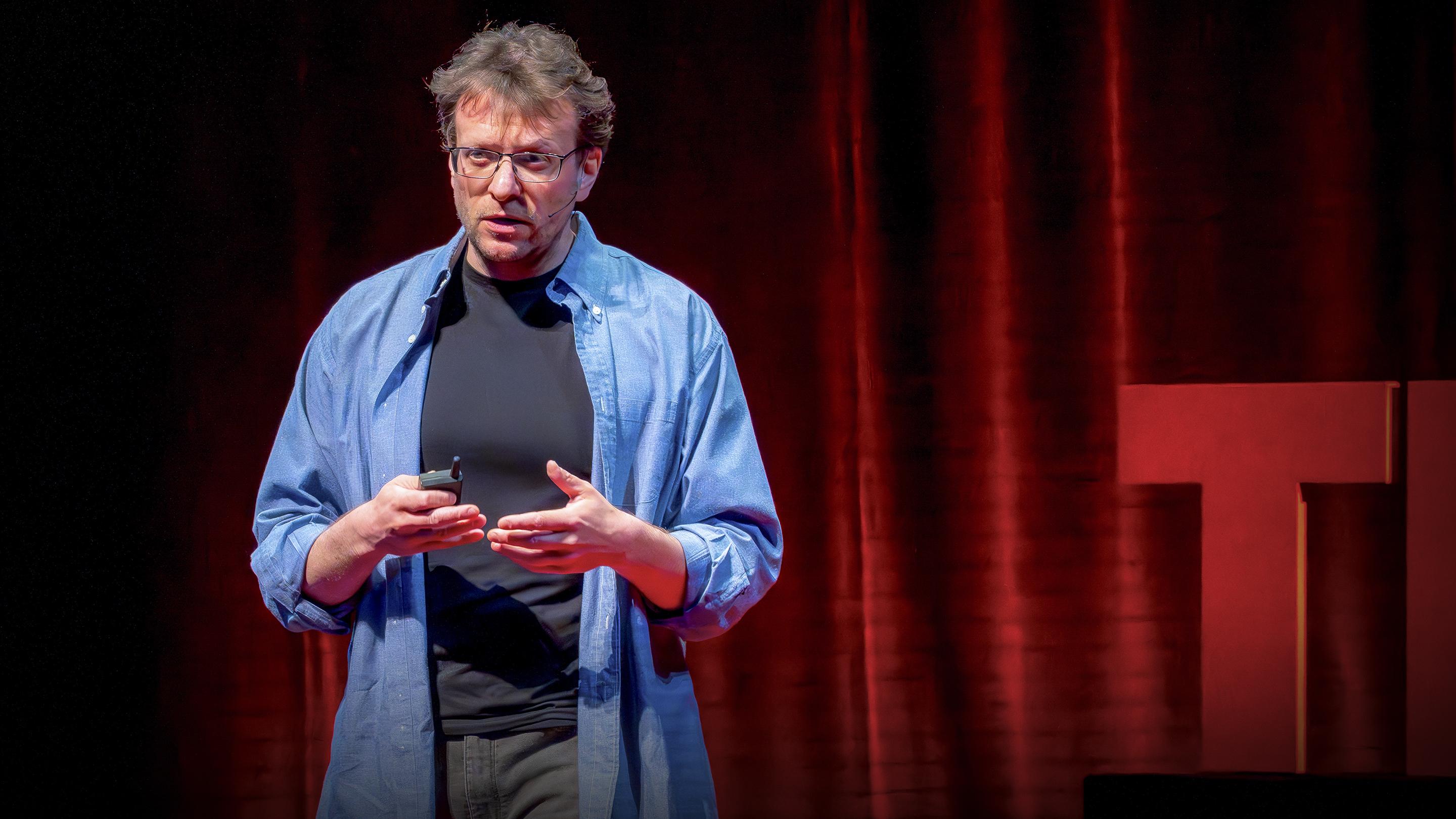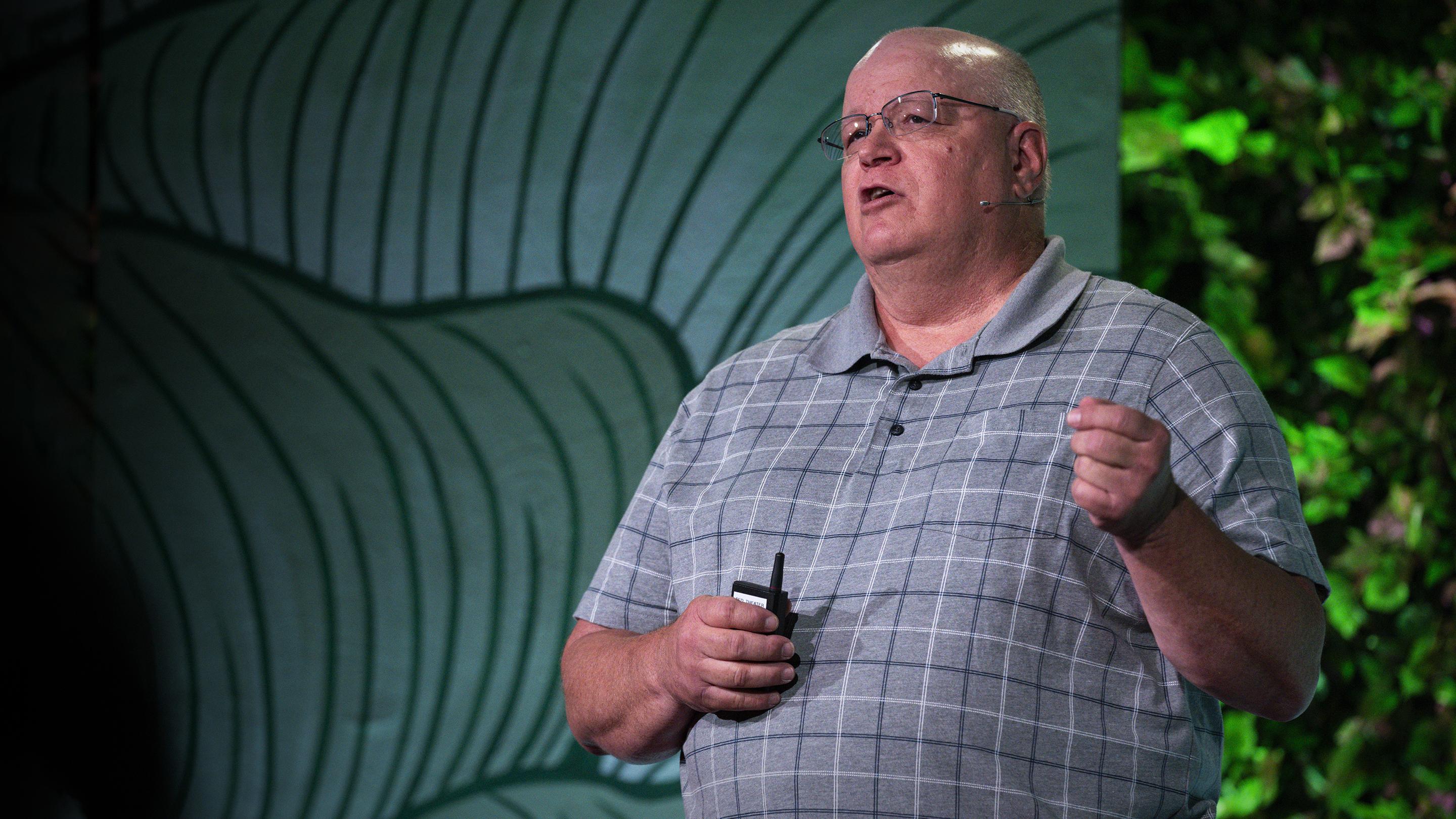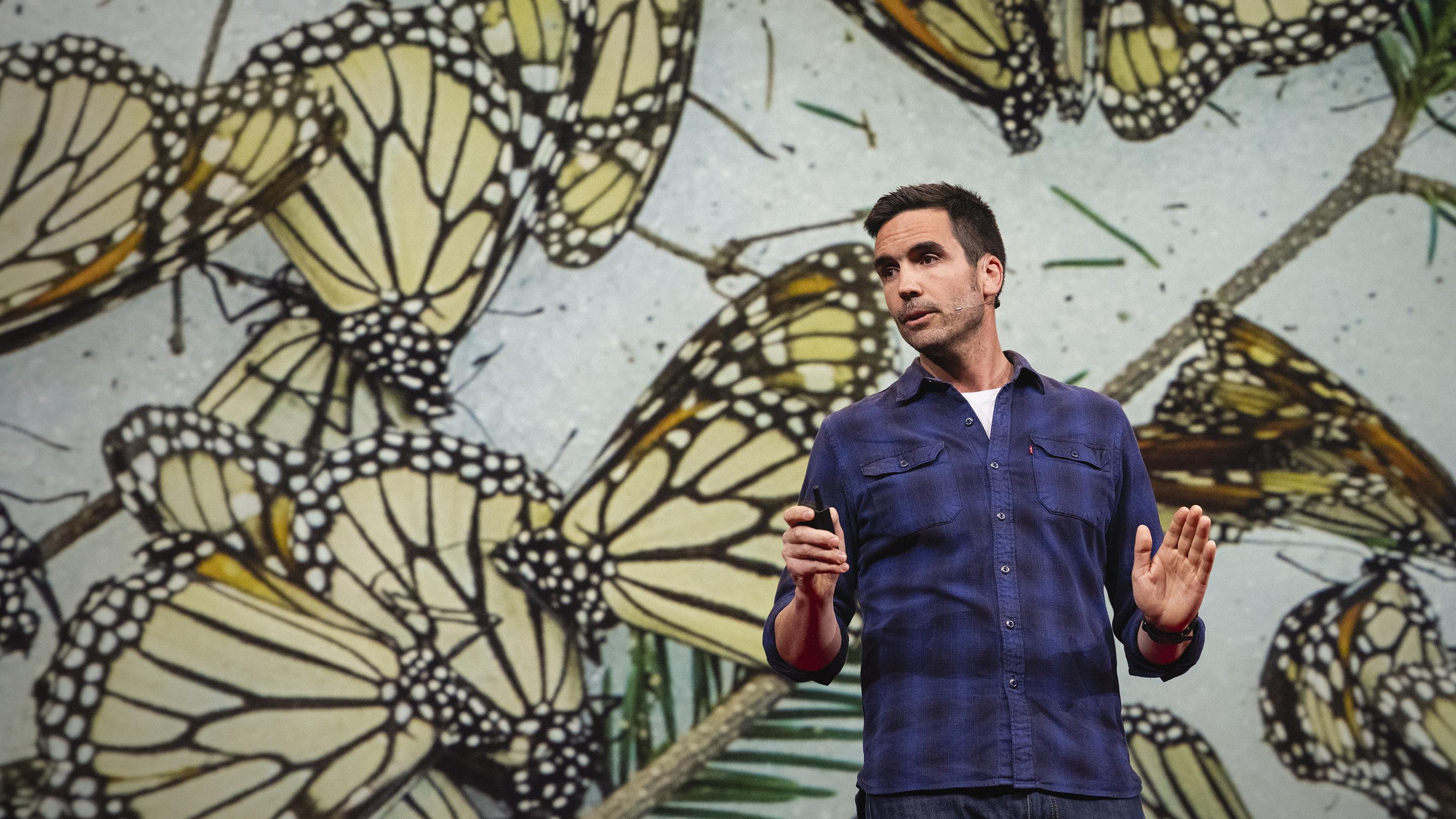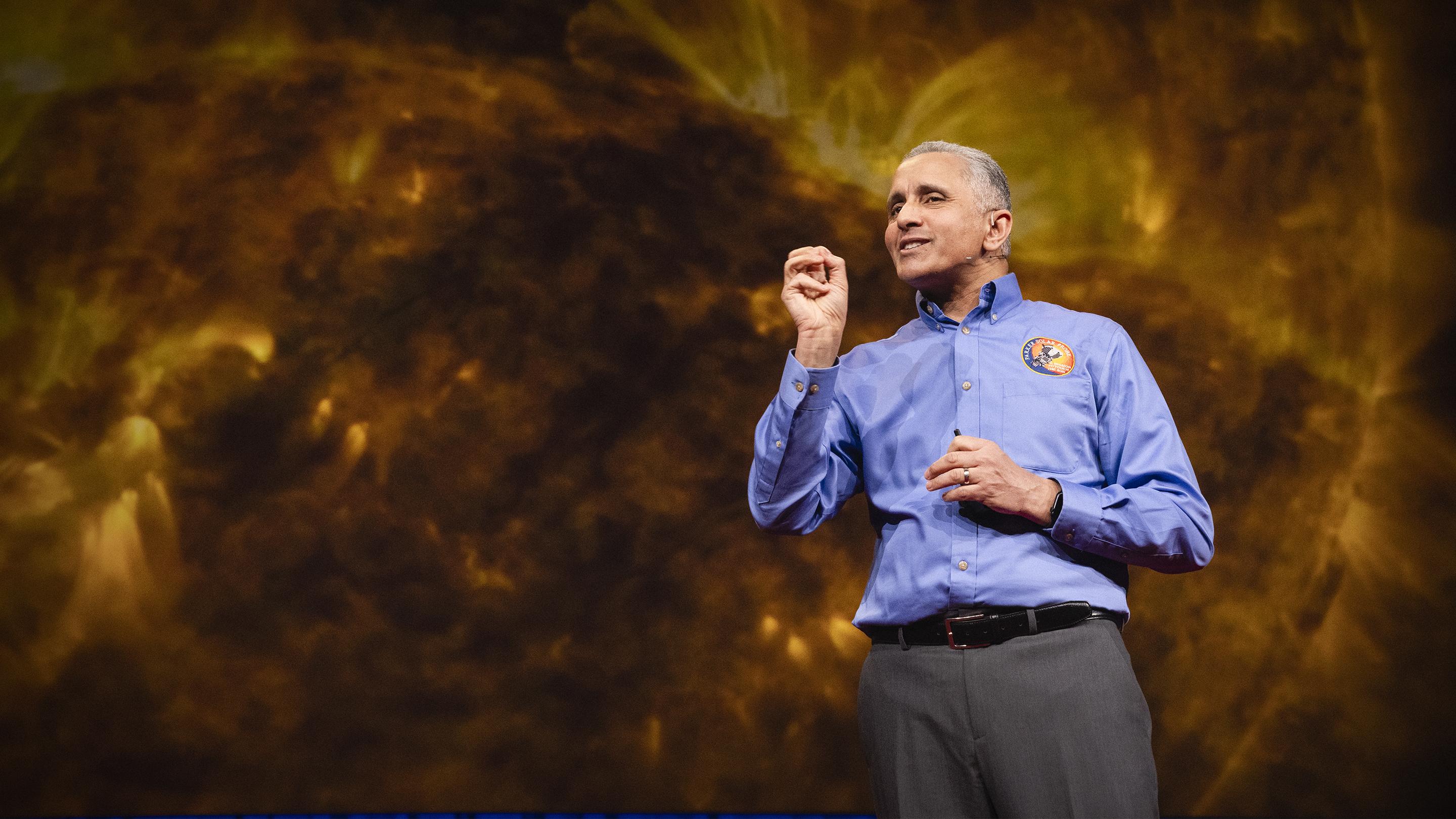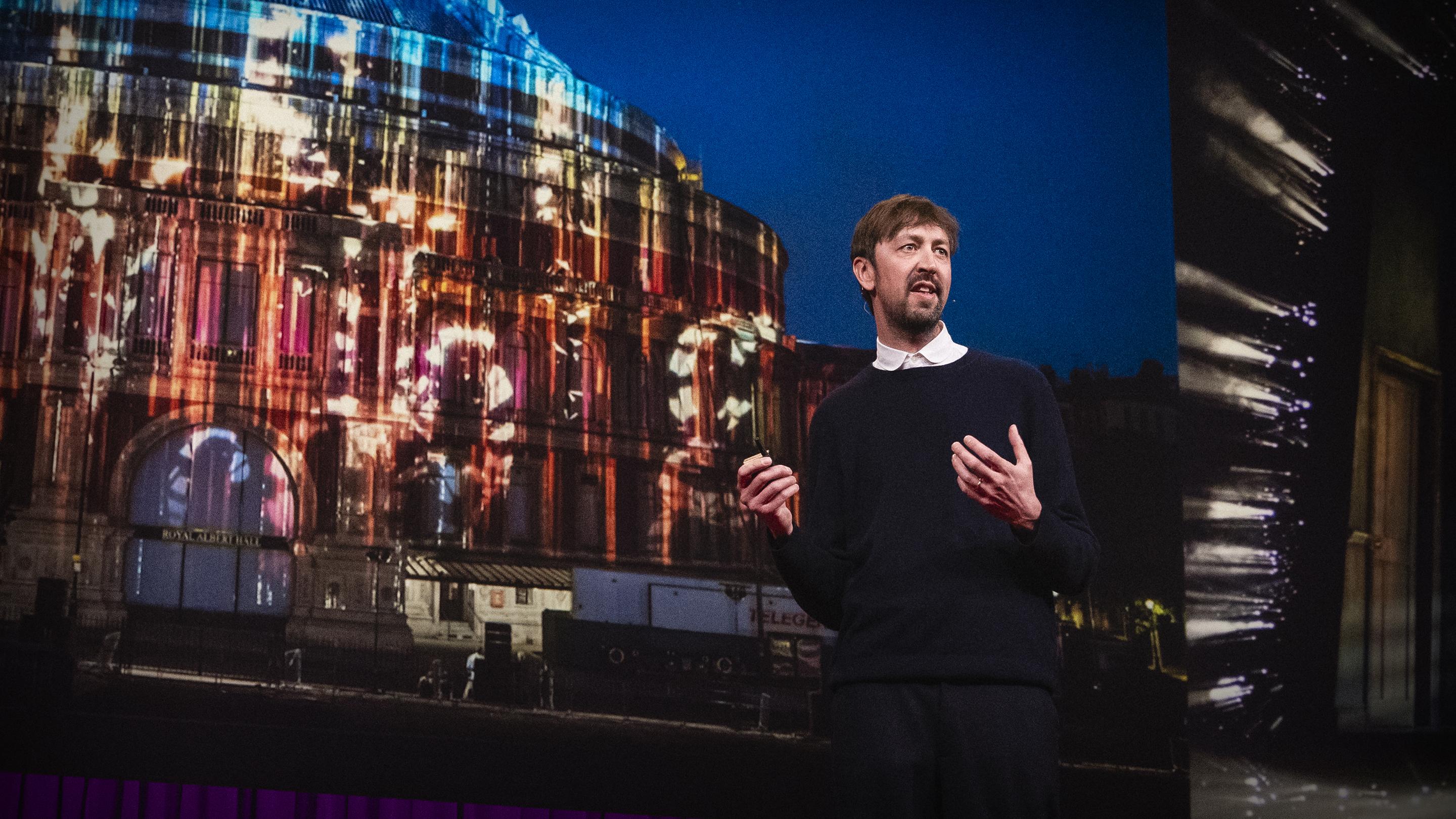Avsnitt
-
Data isn't just about numbers or trends — it's about capturing the stories that shape our lives, says information designer Giorgia Lupi. Following a long COVID diagnosis, she tracked her symptoms meticulously over four years, the data culminating in a visual "New York Times" narrative that resonated deeply with many others suffering from chronic illness. Lupi invites us to consider data not as a rigid or objective truth, but as a living language used to better understand ourselves, offering a surprising shift in perspective — depending on where you look.
-
What if AI could think and adapt like a real brain? TED Fellow and AI scientist Ramin Hasani shares how liquid neural networks — a new, more flexible AI technology inspired by physics and living brains — could transform how we solve complex problems.
-
Saknas det avsnitt?
-
"Georgia is not heard or seen in the world, and many don't even know the location of the country," says TED Fellow and photographer Daro Sulakauri. Through her striking photographs of life in the shadows of Russian occupation, she uses her camera to create a living archive of her home country and defend against the erasure of its borders, culture and history.
-
When wildfires rage in California, incarcerated people are often on the front lines fighting the flames. TED Fellow Royal Ramey was one of them. He shares the story of how doing public service in prison inspired him to cofound the Forestry and Fire Recruitment Program, a nonprofit helping formerly incarcerated people become wildland firefighters — and find purpose along the way.
-
TED Fellow and renewable energy expert Norah Magero envisions an Africa that pioneers its own technological future, shifting the narrative from dependence and consumption to self-reliance and innovation. She shares how she developed VacciBox — a solar-powered refrigeration system made in Kenya to keep vaccines cold in off-grid areas — and highlights the power of homegrown solutions to transform health care.
-
TED Fellow and composer Sahba Aminikia brings the healing power of dance, storytelling, music and performance to some of the most dangerous places on Earth. By celebrating children and their communities with beauty and joy, he shows how to cultivate hope, connection and love — even in conflict zones. "The ultimate power is in unity," Aminikia says.
-
What if AI could help connect you with the right medical care, exactly when you need it? Health systems entrepreneur, surgeon and TED Fellow Mohamed Aburawi explores how his digital health platform, Speetar, uses AI to bridge the healthcare gap in underserved regions, like his native Libya, by connecting patients with doctors who truly understand their needs.
-
TED Fellow and economic policy researcher Huiyi Lin is cocreator of "The Poverty Line," an art project examining poverty through the lens of food. By photographing the daily food choices of people living at the poverty line in 38 countries and territories around the world, Lin shines a light on the problem of poverty in a way no policy report ever could.
-
TED Fellow and equity bioengineer Erika Moore investigates how cells controlling inflammation behave differently depending on a patient's background. By focusing on the "who" behind the disease, Moore is uncovering why certain diseases disproportionately affect certain ethnicities, paving the way for more inclusive and effective health care.
-
TED Fellow and chemosensory researcher Paule Joseph unveils the hidden power of a sense that's too often overlooked: smell. She delves into the science behind smell — from how it evokes memory and emotion to its potential for early disease detection — and advocates for the creation of a baseline test for taste and smell that could open the door to more comprehensive health care.
-
“Being on a voyage forces you to unplug,” says TED Fellow and third-generation captain Lehua Kamalu. Sharing ancient knowledge from traditional Hawaiian ocean voyaging, she reflects on the transformational power of seafaring journeys — and what it means to travel mindfully, no matter where you are.
-
Exploring the history and evolution of vampire lore, author Eric Nuzum traces the origins of these spooky stories, from misunderstandings of death to the sparkly pop culture icons we know today. Beyond the fangs and garlic, he digs into the deeper, everyday fears that vampires reflect.
-
Joel Bervell was one of the only Black students in his medical school program. After noticing how misconceptions about race were embedded in health care, he turned to social media to raise awareness about the harmful impact of biases in medicine. He unpacks the long history of race-based health care disparities — and shows what the medical field can do to better serve all patients.
-
The result of the 2024 US presidential election will be critical for Americans and the world. In a fascinating conversation, geopolitical expert Ian Bremmer digs into proposed policies from Kamala Harris and Donald Trump and explores how they think about everything from foreign policy to immigration and the economy. Discover unexpected similarities and crucial differences between the candidates — and get ready for what's to come. (This live conversation, recorded October 10, 2024, was hosted by TED’s Helen Walters. Visit https://ted.com/membership to support TED today and join more exclusive events like this one.)
-
Jordan Johnson and Aidan Carberry, the choreographic duo known as JA Collective, give a performance of dance and visual arts, alternating between abrupt and fluid, tense and dreamlike.
-
How do you reach people trapped in a reality shaped by propaganda? Exploring the dark psychology of disinformation, author and academic Peter Pomerantsev draws on lessons from a forgotten World War II operation to suggest strategies for cutting through misinformation and rebuilding trust in facts today.
-
Over his decades of farming and ranching, Gabe Brown has noticed a troubling trend: the conventional farming techniques he used were degrading the soil and harming nature. He shares how his family farm turned things around by adopting regenerative agricultural practices — and shows how the wider food system can use these same methods to improve food quality and revitalize the land.
-
When monarch butterflies migrate, they produce one of the most iconic wildlife spectacles in the world — and provide us with an important indicator of ecological health, says photographer Jaime Rojo. Telling a story about our relationship to the natural world, he shares his experience photographing these mesmerizing insects deep in their remote mountain habitats in Mexico, diving into the latest research into the mysteries of their multi-thousand-mile journey and sharing how each of us can join the growing movement to protect them.
-
From its life-sustaining energy to its explosive geomagnetic storms, the Sun has many mysteries, says astrophysicist Nour E. Rawafi. He sheds light on NASA's latest endeavor to better understand our fiery neighbor and its impact on the future of society: sending the cutting-edge Parker Solar Probe deep into the Sun's atmosphere in humanity's closest-ever approach to a star.
-
"New possibilities for storytelling are emerging faster than at any other time in history," says film producer Mark Grimmer. With an immersive approach to art exhibitions, he shares several multidisciplinary projects — including a kaleidoscopic exhibit of David Bowie's world-changing career and a luminous, interactive show that brings visitors inside the paintings of David Hockney — and shows what's possible when ideas collide.
- Visa fler

